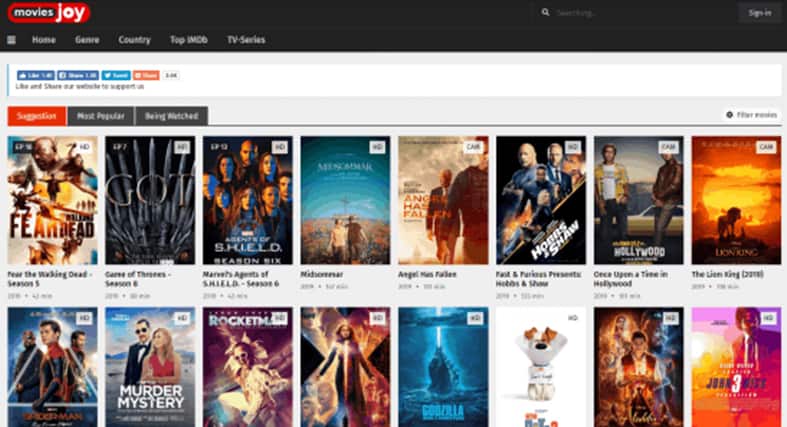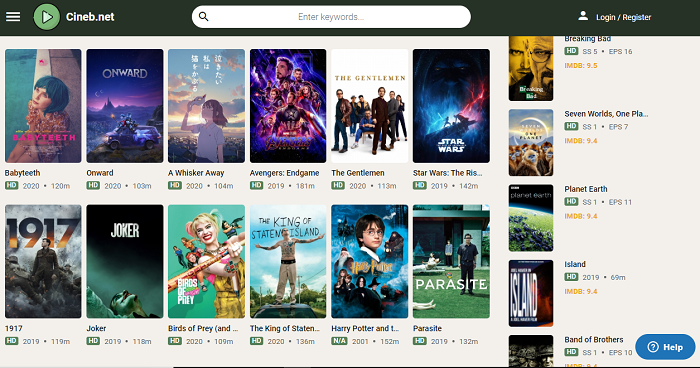The internet has advanced a lot in recent years, so much so that you can now find almost everything online – from research studies to various forms of media. You can even watch your favorite films and shows on streaming sites.
However, you will find that not all content is readily available in all regions across the world, encountering an error whenever you try accessing them.
This can be due to geolocation blocking. It can prevent you from getting the information you need whenever you need it.
With that said, learn everything you need to know about geolocation blocks here – from what they are and how to overcome them.
What are geo-location blocks?
As mentioned, despite the abundance of information on the internet, not all of it is accessible. Some are restricted to specific regions, which means accessing those sites can be challenging if you’re from another country.
These are called geolocation blocks. As the name suggests, geo-location blocks prevent users in other countries or regions from accessing specific sites. For example, suppose a website is region-locked to Germany. In that case, you can only access this particular site if you’re in Germany or have a German IP address.
Aside from restricting access from outside their countries, geolocation blocks can also be used to prevent incoming traffic from unauthorized locations. For example, suppose you’re accessing your company’s online files from somewhere other than the office. In that case, the system can detect this and prevent you from getting in.
How do geolocation blocks work?
Geolocation blocks can prevent you from accessing certain region-restricted content through your IP address. When you access a website, your computer’s IP address is sent to the server, identifying where the request is coming from and where to send the requested data.
IP addresses act similarly to physical addresses; they help identify where you live and where mail and packages should be delivered. Geolocation blocks identify your location from your IP address and use this to restrict access to their content.
Why geo-location blocks exist
There are several reasons for using geolocation blocking for websites. These include issues with copyright and licensing, the legality of the online activity, and more. Websites like Netflix and Amazon use geolocation blocks for their content because of problems with copyright and licensing.
What may be licensed for showing in the US may not have the license to be shown in other countries. To avoid encountering legal problems, they use geo-location blocks to manage better who can access what content on their platform.
Other sites, such as gambling sites, use geo-location blocks to restrict access from users who live in countries where they are not legally allowed to operate. Businesses can also use geo-location blocks to limit orders from overseas or apply local tax codes to their purchases.
Another common reason for geo-blocking is censorship. Some countries, such as China, have strict rules about what people can access from their country. Geo-blocked content is one way of ensuring that those residing in their country don’t access prohibited websites.
Of course, this doesn’t mean that you can’t overcome geolocation blocks. There are ways you can do so, such as using a proxy server to hide your IP address and access region-locked content.
Using proxies: most common solution to overcoming geo-blocked content
As mentioned, there are ways to bypass these restrictions and gain access to those content. The most common form of doing so is by using a proxy.
Proxies are servers that act as intermediaries between you and the website you’re accessing. They make web requests on your behalf, giving their own IP address rather than your own. By doing so, you can mask your own IP address and actual location, allowing you to access restricted sites.
For example, suppose you’re trying to access the content in Germany specifically targeted for the German audience. In that case, you usually need to be in that country to access that content. With proxies, you can bypass these by using a Germany proxy to make it appear as if the web request is coming from Germany rather than somewhere else. If you’re interested in finding more info, learn here about a Germany proxy pool of 3,579,899 IPs.
There are various proxy types, and there are proxy servers available for free. However, it’s recommended to avoid these as they can pose security threats to your computer.
Proxy servers don’t just allow you to bypass geo-locked content. They also tend to serve as firewalls and filters that help secure your device and personal information from potential cybercriminals.
Final thoughts
The internet is a vast place, and it’s almost impossible not to find the information you need online. However, some regions restrict access to their content, making it challenging to gain the data you need.
Nevertheless, this doesn’t mean you can’t bypass these restrictions. There are several ways to bypass geolocation blocks, with one being proxy servers. Using a proxy can help you mask your IP address and access geo-locked content, enabling you to gather the data you need from international and local websites.








Add Comment